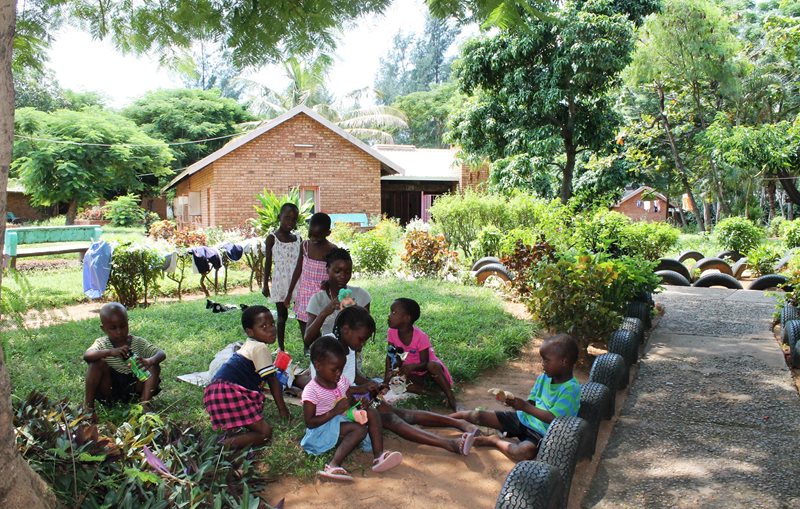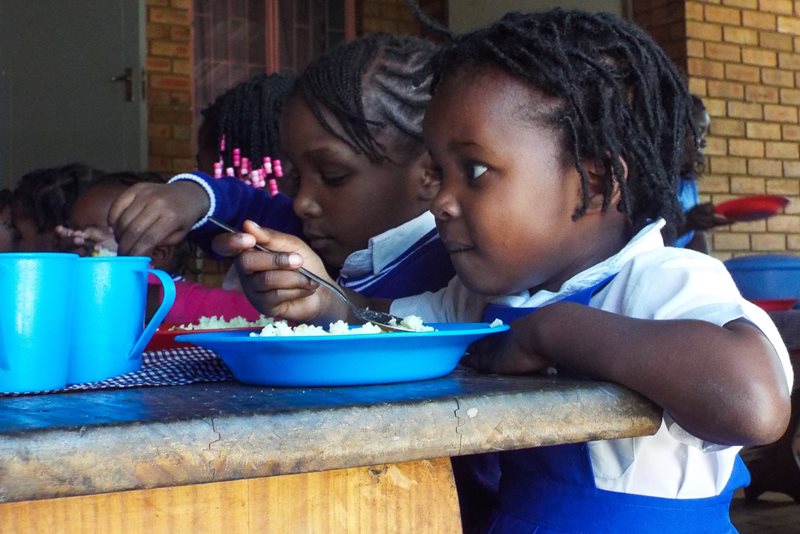Food insecurity continues to affect thousands of families

SOS Children’s Village Maputo ensures that children go to school and grow up healthily in an SOS family (photo: SOS archives)
Poverty in Maputo has fluctuated in recent years due to variations in global food and fuel prices, as well as weather shocks. In recent years, government social programmes have brought improvements to overall living conditions. However, struggling families in Maputo generally live in extremely dense and overcrowded conditions, where social tension and conflicts run high.
Although access to education and health care is better in Maputo than in rural areas, food is often limited. As growing one’s own food is not a viable option in an urban context, people here are heavily reliant on a cash income, which is hard to secure without a formal, salaried job. Life is thus marked by insecurity and vulnerability to external factors. The difficult access to nutritious foods leads to higher levels of malnutrition, especially in children under the age of five. Nutritional deficiencies in childhood can seriously hinder healthy growth and development.
In Maputo, thousands of families live in slums, where infrastructure such as water, sanitation or electricity is not available. The slums keep on growing as more and more people migrate to the city, and conditions deteriorate. The inequality of wealth distribution is highly visible in Maputo, and children from poor families easily feel marginalised or stigmatised by their inferior status in society.
Sustainable and holistic support for the community
SOS Children's Villages began its work in Maputo in 1992. Today, the SOS Social Centre here provides a family strengthening programme to members of the local community, ensuring that children have access to essential educational, nutritional and health services. It provides assistance to families affected by HIV/AIDS, for example through counselling services and medical care. The centre also supports several community kindergartens, and it runs nutrition programmes and a school placement programme. We also offer parents guidance on professional skills and income generating activities, as well as psycho-social support.
What we do in Maputo

A little girl having lunch at the SOS Kindergarten (photo: S. Kitshoff)
Education: The children attend the SOS Kindergarten together with local children from the community. They then go on to complete their primary and secondary education at the SOS Hermann Gmeiner Schools. Over 1200 pupils from the children’s village and the neighbourhood attend the school, making it an important educational institution in the region.
Support for young people: When young people from the children’s village are ready to move out of the family home in order to pursue further education or training, the SOS Youth Programme provides shared accommodation. With the support of qualified counsellors, the young adults learn to take responsibility, plan their future and prepare for independent life.